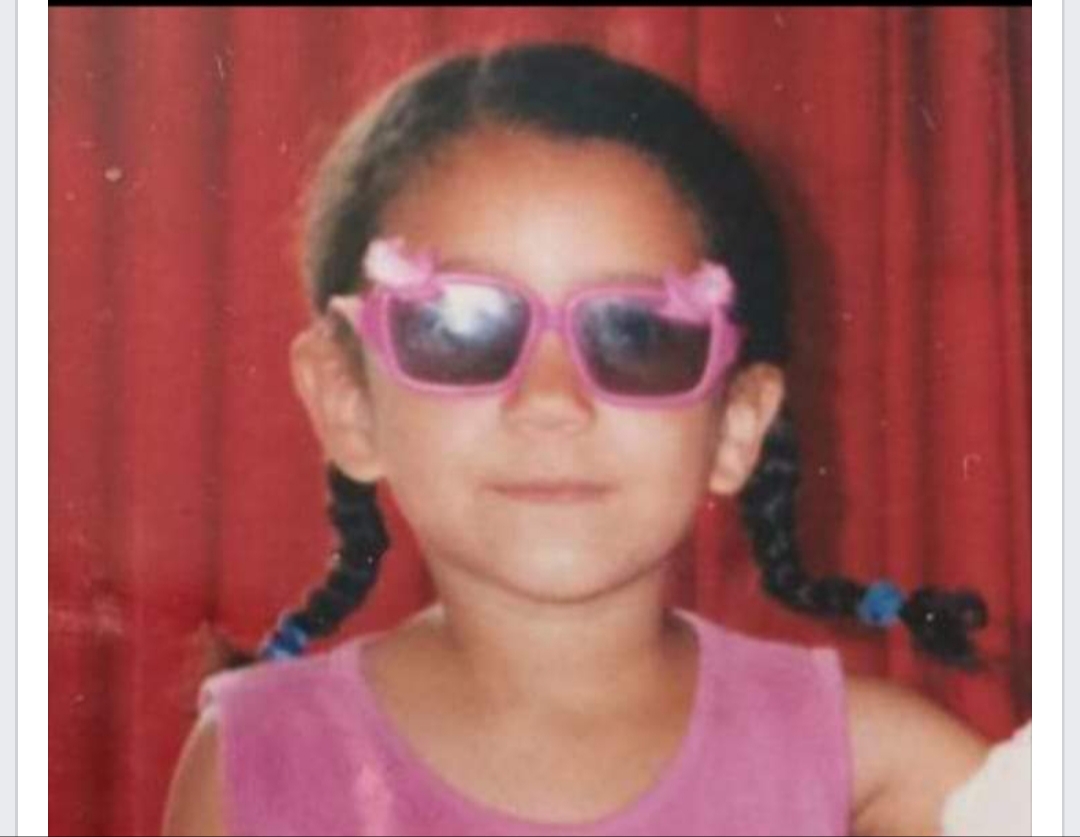
It’s been a long time since I’ve posted on this blog. Longer still since I started Sleeveless. And years – nine, now – since I stopped hurting myself. But now and then I’m still thrown by other people’s reactions to my scars.
Yesterday, two things happened that shook me. In the morning, a woman on the Tube looked at my arms, gasped and said ‘ooooh.’ Then continued to stare at me until I glared back. Even then, she kept glancing back at me, looking at my arms and legs. (Context: it is extremely hot here at the moment! I was dressed in shorts and a T-shirt).
Later on, I was outside a busy train station, preparing myself for the homebound journey. I was already a little stressed. Suddenly, the man in front of me turned around and said ‘oh god. Your arms.’ I stared back at him. ‘You must have been in pain,’ he said. ‘I can relate. I know all about pain.’ He then proceeded to tell me his life story, much of which was very, very disturbing. He made a gesture to signify self-harm. ‘It’s all about feeling alive, isn’t it?’ he said. ‘That pain, how it makes you feel.’ There was an inexplicable emotional ache in my belly.
I backed off, mumbling something about needing to get a train. As though I needed to apologise. The man grabbed my arm. ‘Keep smiling, darling. You’ve got such a beautiful smile.’ My smile faltered. I got on the train and missed my stop.
These incidents really shook me up. So my note today is short: if you are curious about another person’s body, don’t ask. Don’t invade their space. Don’t try to get them to explain. You really, really don’t know how it might make them feel. Think.






 Me at age 3/4, feeling positive.
Me at age 3/4, feeling positive.

